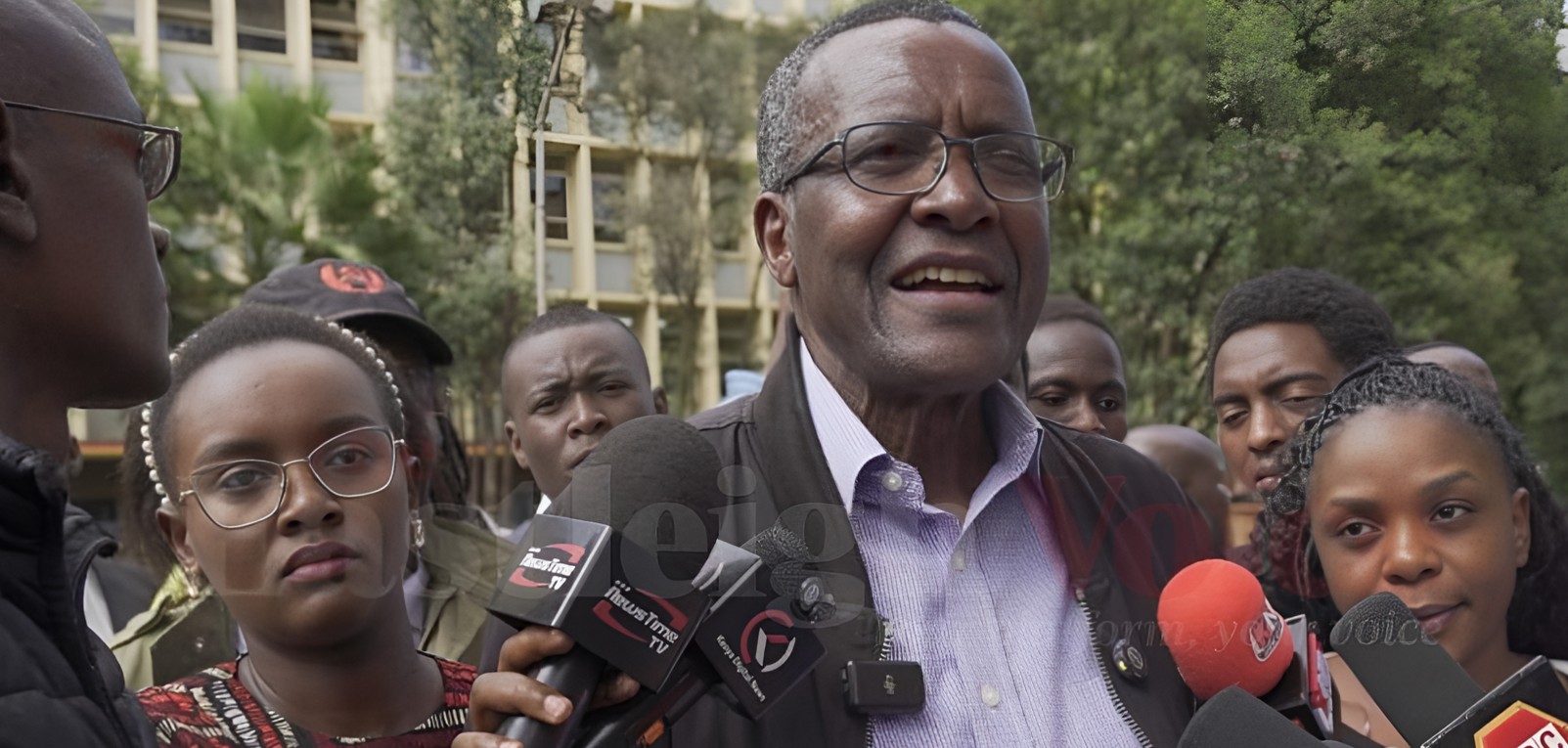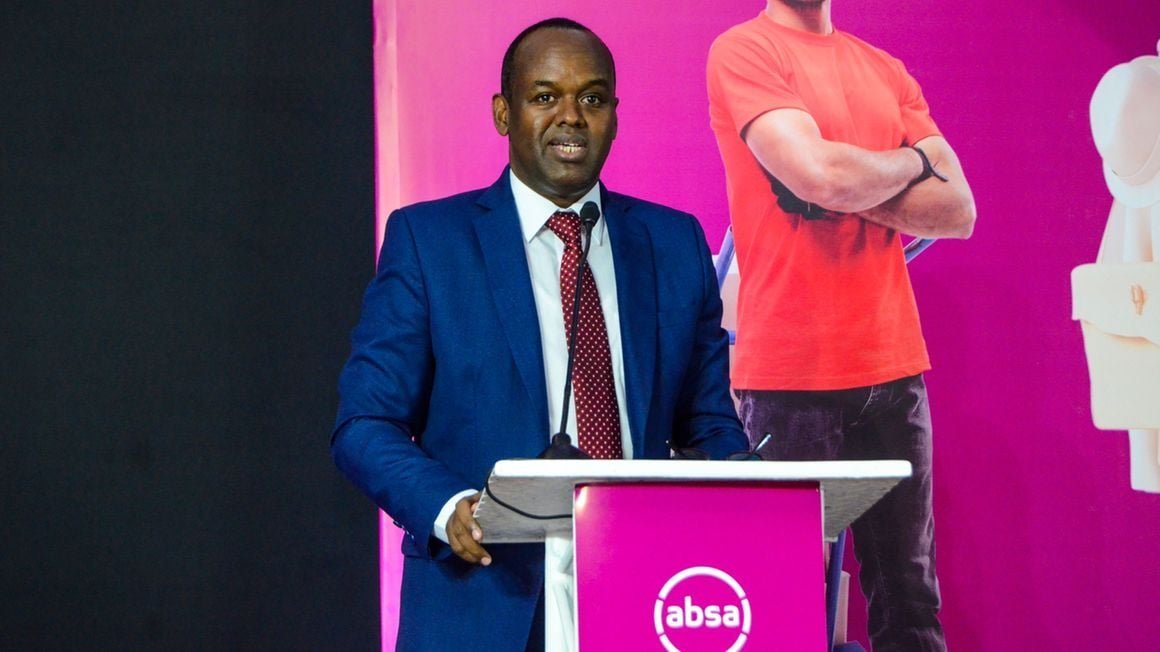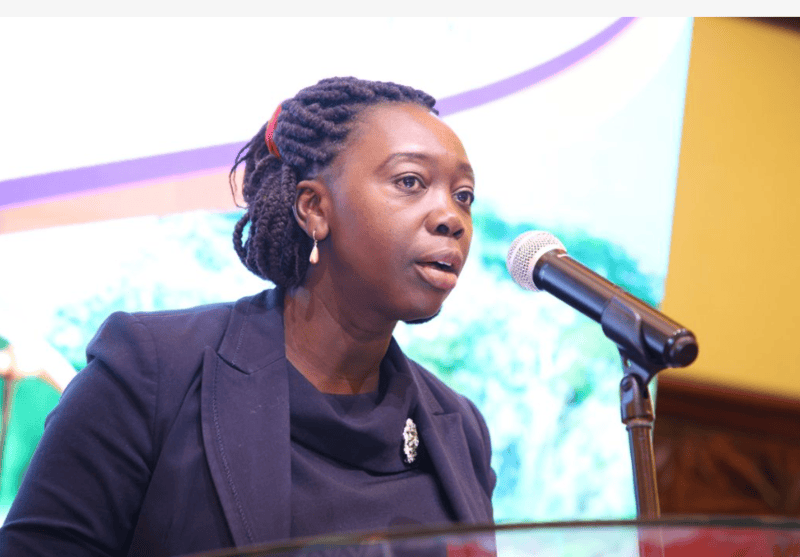Meta announces crackdown on ‘unoriginal’ Facebook content

In the first half of 2025 alone, the platform took action against approximately 500,000 accounts that were found to be engaging in spam tactics or generating fake engagement.
Meta’s Facebook announced on Monday that it has and is conducting an application-sweeping update on Facebook aimed at reducing unoriginal and spammy content in its Feed.
The company’s long-term initiative, first launched earlier this year, is designed to help authentic creators break through by cleaning up the content ecosystem, beginning with aggressive action against spammy behaviour.
More To Read
- Nine must-know TikTok life hacks you’ll wish you tried sooner
- Instagram Threads introduces direct messaging feature in major update
- Digital frontlines: How X, TikTok, citizen journalism fueled June 25 protests
- Politicians and influences named top sources of disinformation in Kenya - report
- WhatsApp developing AI-powered feature to assist users with writing, replying messages
- Meta AI now integrated into WhatsApp: How it works and how it compares to ChatGPT
According to Facebook, significant progress has already been made.
In the first half of 2025 alone, the platform took action against approximately 500,000 accounts that were found to be engaging in spam tactics or generating fake engagement.
Measures ranged from reducing the reach of their posts and demoting their comments to removing their ability to monetise.
The company also took down an estimated 10 million profiles impersonating large content creators, highlighting the scale of the issue. Yet despite these efforts, challenges remain.
Repetitive content, especially viral memes and videos, continue to flood the platform, often resurfacing multiple times from different accounts. Some of these accounts impersonate the original creators, while others post such content en masse, drowning out fresh and original voices.
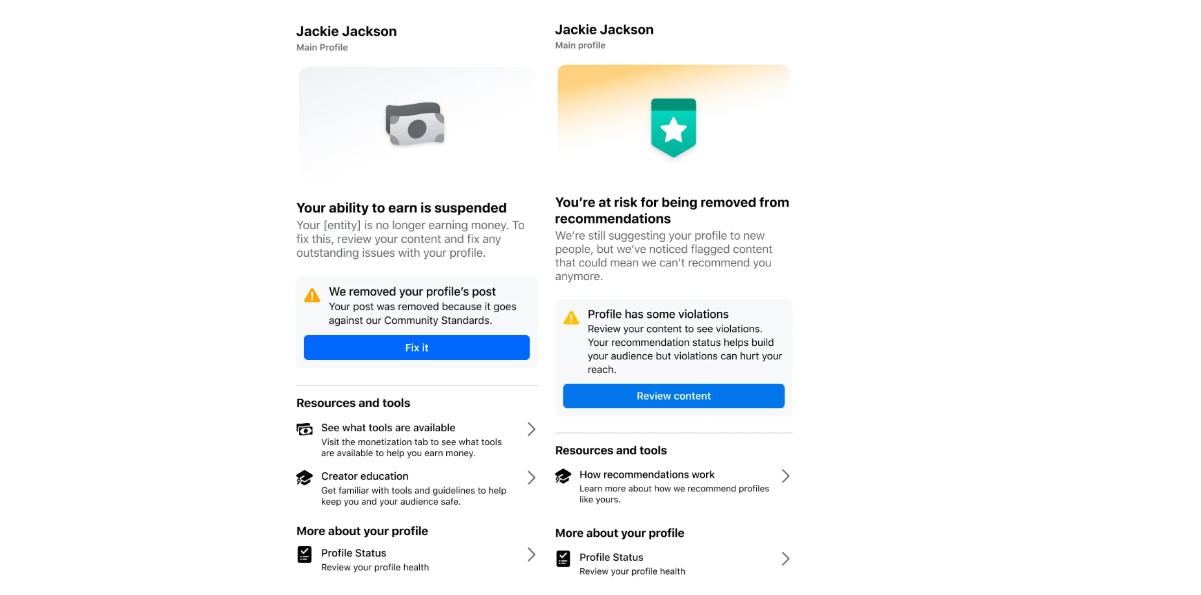
Facebook acknowledges that this pattern not only diminishes the user experience but also makes it harder for genuine creators to gain visibility.
“We're now introducing stronger measures to combat this behaviour on Facebook. Accounts that improperly reuse someone else’s videos, photos or text posts repeatedly will not only lose access to Facebook monetisation programs for some time, but will also receive reduced distribution on everything they share,” they said in a statement.
To combat this trend, Facebook is rolling out new, stricter measures aimed at curbing the spread of unoriginal content.
“In addition, if our systems detect duplicate videos on Facebook, we will reduce the distribution of the copies so that original creators can get the visibility that they deserve. We’re also exploring ways to provide proper attribution to creators."
The company defines "unoriginal content" as media that reuses another creator’s work, such as videos or photos, repeatedly, often without permission or acknowledgement.
Facebook clarifies that while it encourages creative reuse, such as reaction videos or commentary-driven content that adds a unique perspective, simple reposts or minor edits like watermarks or clip stitching do not meet the threshold of meaningful enhancement.
What will it do?
In support of authentic creators, Facebook is also making algorithmic changes to prioritise original uploads.
When duplicate videos are detected, Facebook will reduce the reach of the copied versions and prioritise visibility for the original post.
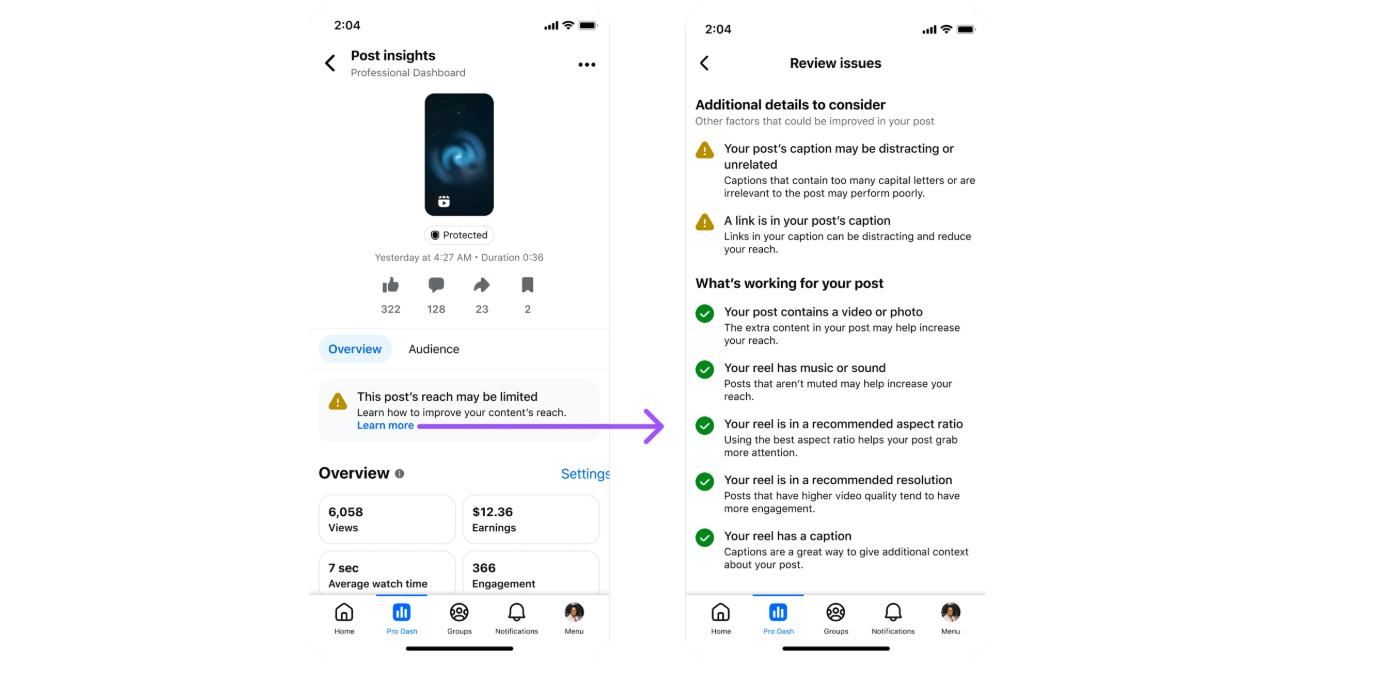
The platform is also experimenting with ways to credit creators directly, including tests that add links to the original source on reposted content, a step that could both increase transparency and direct more traffic to the original creators.
What Facebook is recommending
In regard to the said enforcement measures, Facebook is providing guidance to creators looking to maximise their reach. Among the key recommendations: Focus on publishing original material.
“Pages and profiles receive the greatest distribution when they consist primarily of original content that you filmed or created. You can share the same content across any of your Pages or profiles.”
Facebook says, instead of copy-pasting, users should enhance reused content with commentary or edits that tell a story.
“Avoid visible watermarks and keep captions high-quality and relevant.”
Post quality content and captions
Creators are also encouraged to post videos that offer real value rather than ultra-short, low-effort clips, which often struggle to perform.
“Keep your captions and hashtags relevant to the content. We’ve found that captions with no links, minimal use of capital letters, and no more than five hashtags perform best.”
How to understand issues impacting your distribution
To help creators understand how their content is performing and why it may not be reaching audiences, Facebook says it has introduced post-level insights in the Professional Dashboard.
These tools allow creators to pinpoint specific distribution issues, whether they stem from unoriginal content flags, low-quality uploads, or policy violations.
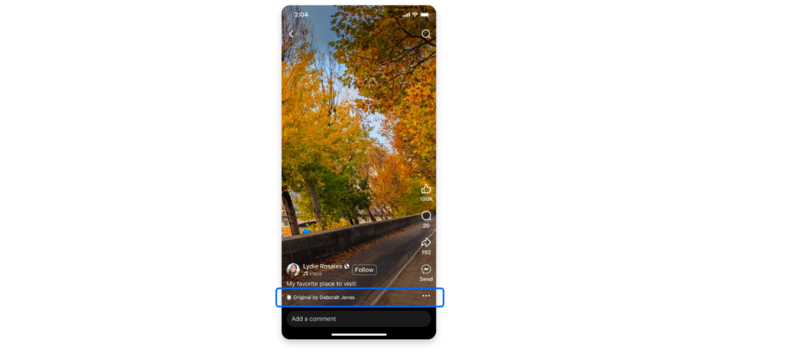
Additionally, a new support feature on professional profiles and Pages now allows creators to check whether they are at risk of recommendation or monetisation penalties.
By curbing impersonation, discouraging recycled posts, and providing better tools for performance tracking, Meta aims to create a more equitable environment for content creators trying to build genuine communities.
As the rollout of these changes continues in the coming months, creators will likely see a shifting landscape, one that rewards originality and punishes repetition and content theft.
Top Stories Today
Reader Comments
Trending

